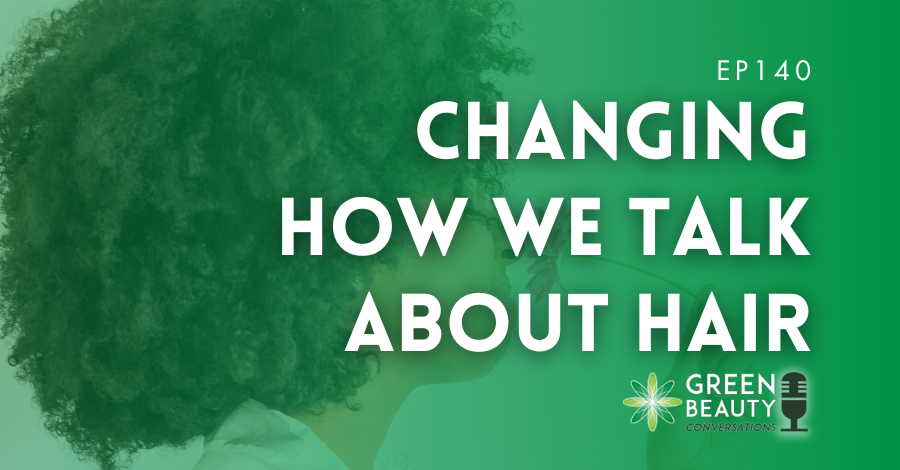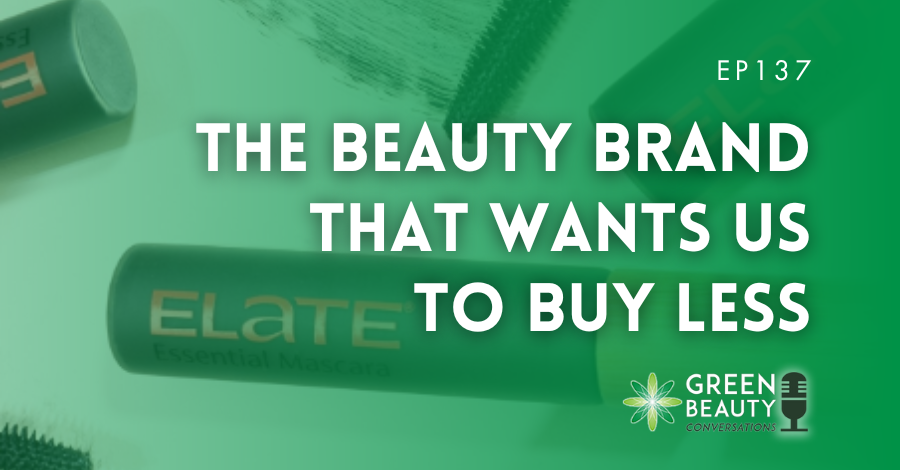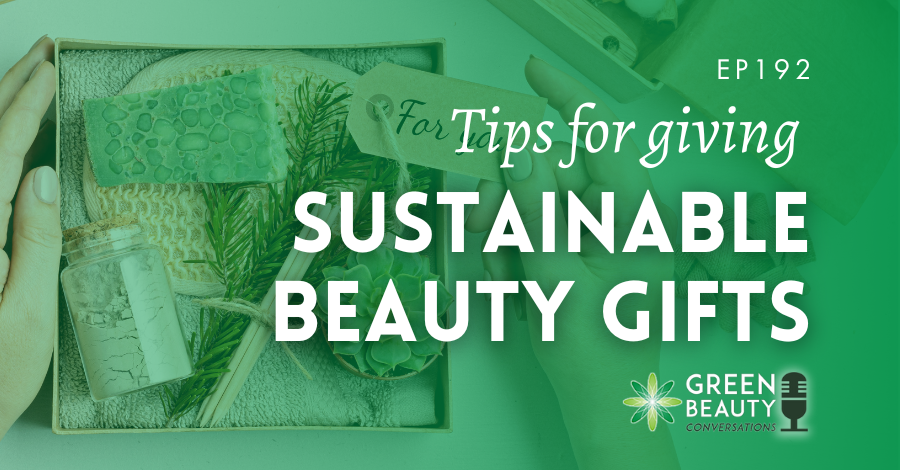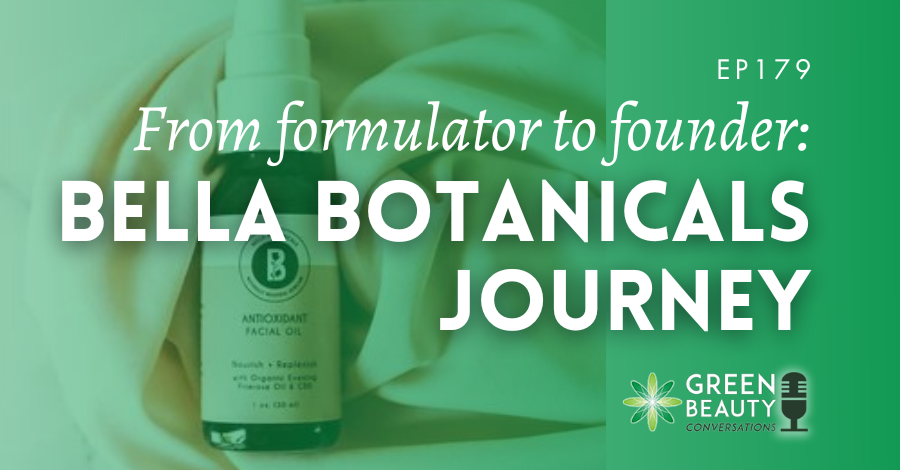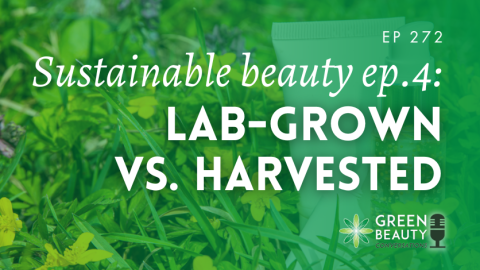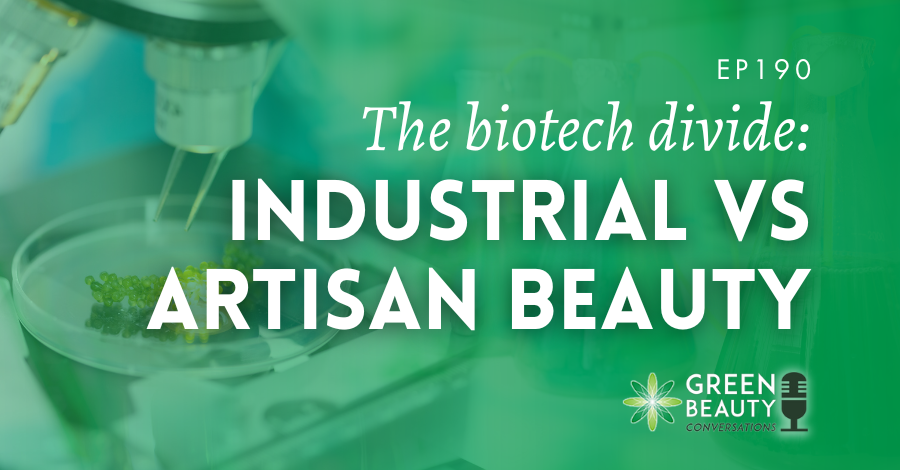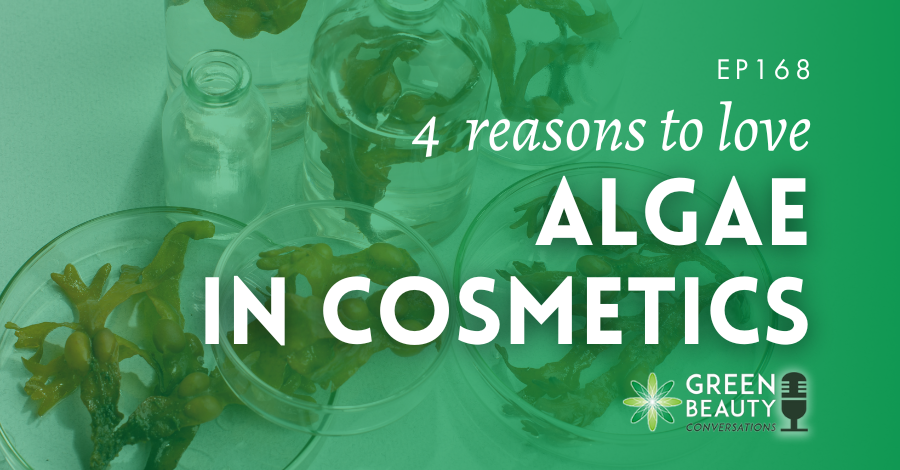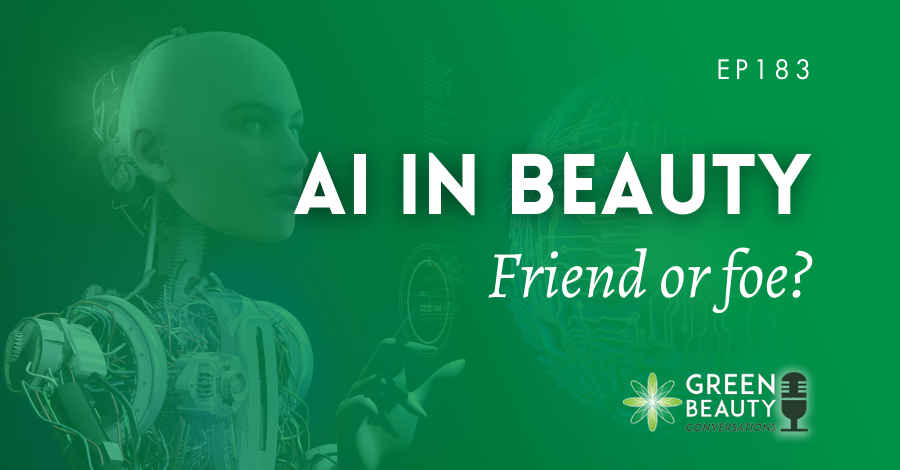We discovered in our previous episode in conversation with Formula Botanica haircare diploma course lead and student mentor Suzanne Soto-Davis, that haircare can be minimalist and we should try to take a less-is-best approach to it for sustainability’s sake.
But, as Suzanne pointed out, that does not mean that haircare is one size fits all. It is as complex a topic as skincare too. In this Green Beauty Opinion, Formula Botanica CEO and podcast host Lorraine Dallmeier says that alongside embracing hair minimalism and swapping to more sustainable products, we must tackle the language we use to talk about hair and haircare that overshadows our choice of this or that product. Hair prejudice and discrimination, and hair as a tool of social norms and, at times, stereotyping and repression, are the often forgotten contexts of hair. Listen in to hear just how much is at stake when we talk about hair.
Once we find haircare products that suit our hair type and needs, our hunch is that consumers are brand loyal and less likely to flit to the next new product. If this is the case, then switching to more sustainable haircare options might be a slow process. But, as Lorraine explains in this opinion short, talk of hair and haircare should embrace also the way hair has been used as a tool for both the celebration and repression of our uniqueness as well as the identity of groups, ethnicities and religions. Hair, its styling and care, texture, length and look, are very loaded, emotional subjects that are never far from controversy.
There are women across the world facing daily discrimination and injustices on account of their natural hair or simply for showing their hair. We cannot just say “hair is just hair”. Our hair shows the world who we are. How it looks and how we wear it may be used by societies and groups to enforce strictures and structures that can be both accepted by, or go against the will of the individual.
Lorraine’s challenge to us in this opinion episode is to be more mindful in our talk of hair and haircare and to be more conscious of the implications of our comments. As we discovered in episode 101, our interview with Dija Ayodele on why black skincare matters, the belief that healthy hair should look shiny and glossy is misguided. Black, tightly-textured, curly and coily hair rarely looks that way but is not less healthy as a result. Think of the mainstream shampoo brand adverts touting the ease, speed and convenience of using their haircare products for instantly well-groomed and manageable hair. Who are they addressing and who are they excluding with their views on how hair should look?
These benchmark ideals of how hair should be and behave have been imposed by a western- and Caucasian-dominated beauty business. Haircare seems on the surface such an everyday topic, but it isn’t. As you discover in this episode, hair and its care is a topic that needs to go way beyond discussing our choice of liquid or solid shampoo.
References and further reading
Don’t touch my hair, author: Emma Dabiri.
Thank you for joining us for this episode of the Formula Botanica Green Beauty Conversations podcast. If you enjoyed listening, please share, subscribe and review this episode on Apple Podcasts, Spotify or Youtube so that more people can enjoy the show. Don’t forget to follow and connect with us on Facebook and Instagram.
FREE TRAINING
Learn how to become an
Organic Skincare Formulator
FREE TRAINING
How to become an
Organic Skincare Entrepreneur
FREE TRAINING
How to become an
Organic Skincare Entrepreneur
Leave us a comment
Lorraine Dallmeier is a Biologist, Chartered Environmentalist and the CEO of Formula Botanica, the award-winning online organic cosmetic science school. Read more about Lorraine and the Formula Botanica Team.

